Origin of Tarok People
- Home /
- blog post
As is common with most African cultures, available data on the origin and the history of the people is hinged on oral tradition and its attendant controversies. The Tarok race is no exception to this dilemma. The absence of any written record has thus left this subject open to the fertile imagination of historiographers who subsequently struggle to recreate or unravel the conundrum.
One tradition has it that the Tarok people originated form central and southern parts of the continent of Africa and are Bantoid. The other has even a Middle Eastern origin (Yemen/Egypt). As a result, a western and eastern migration routes thus developed. Further still, scholars have postulated linguistic evidence linking the Tarok to a western migration route and at the same time emphasizing a Niger-Benue confluence origin and a Benue Congo Language, thus challenging any Eastern and Chadic connections.
The Southern African, Niger-Benue confluence origins and migration routes might be controversial and intriguing but it is generally agreed, without any iota of doubt about the common rendezvous of the Tarok race at Tal in the present location in Langtang North and south.
Migration from Tal to Tarok Land
Oral tradition and anthropological notes indicate that by the middle of the century the Tarok race had already migrated from Tal to the present day Tarok land. The migration was in three phases: Zinni clan went to Dutse (Gazum), Namurang went to what is now Kanam country and Gunnu brought Ce (Langtang), Bwarat and Sa to the general area known today as plain Tarok. This Plain Tarok later on migrated to Wase. Oral tradition and anthropological notes (Capt. T A Izard) indicate that the Tarok of Sa, Dangal, Chuwi and Singha had already spread to the plain before 1760. When the Tarok left Tal and arrived at Langtang, Gunnu established himself at the South-west end of Langtang hill, while Bwarat went north-east and settled below.
As mentioned earlier, Tarok land is traditionally divided into hill and plains Tarok. The Hill Tarok (O’Tarok ga Barn) refer to the plains Tarok as O’Tarok ga Byan, but this nomenclature today refers to the Tarok in Langtang South and Wase generally.
Tarok mythology had earlier predicted the arrival of the white men (Ngol: gat Nyalang) and that they will not bring any harm but progress. No wonder when the white men came and were rejected by neighboring communities, the Tarok accepted them whole-heartedly and assisted in building his accommodation and the first church in Plateau. Since then, the relationship between Tarok and western civilization has been growing from strength to strength. Little wonder that Tarok sons and daughters have made great exploits in the local, state, national and international arena.
Economy
The Tarok people are mainly farmers producing both food and cash crops such as guinea corn, maize, millet, yams, rice, cassava, beans, groundnuts, cotton, beneseed, etc. other economic activities of the Tarok people include blacksmithing, carving, fishing, hunting, and mining of local salt using indigenous technologies. The traditional pomade known as miko, produced from the mahogany tree also abound in Tarok land. Local textile is also popular with the Tarok man such as Le. Gba, nyante, agodo etc
Contact: 08160500843
Email @ [email protected]
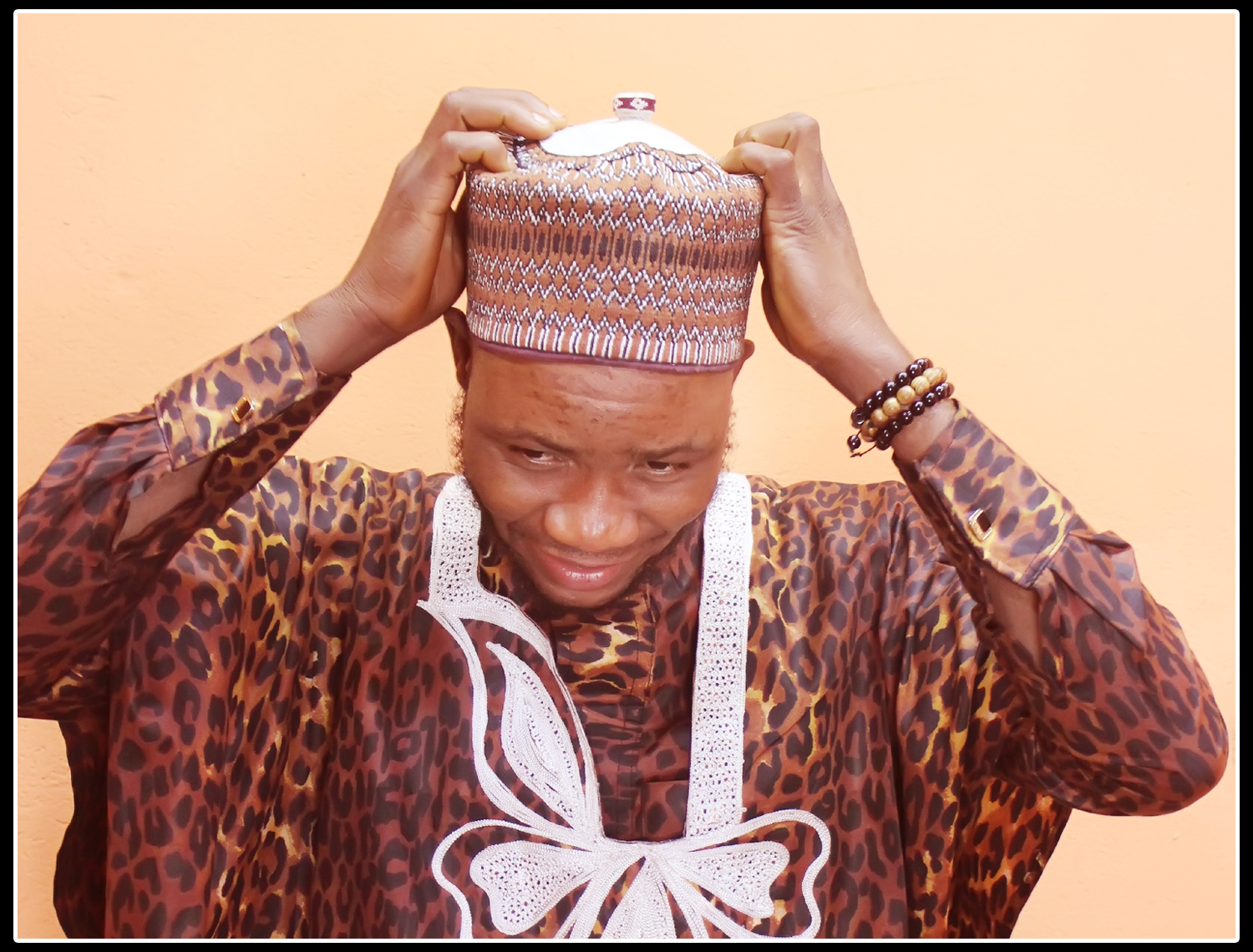
About Admin - Kakjing Abednego Ponzing
Social pundit, adventure historicism' Realist and affluent pragmatics.
leave a comment
16 comments
Latest Articles
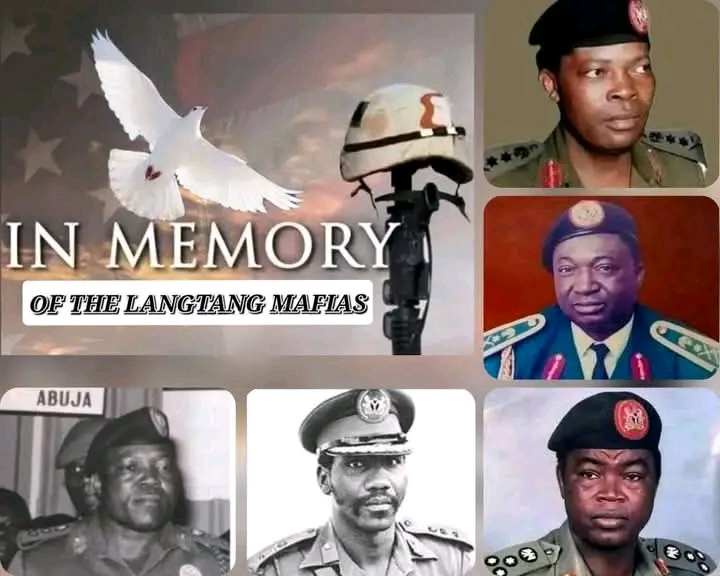
Langtang, a town in Plateau State, Nigeria, is not just another dot on the map but a significant origin for…
read more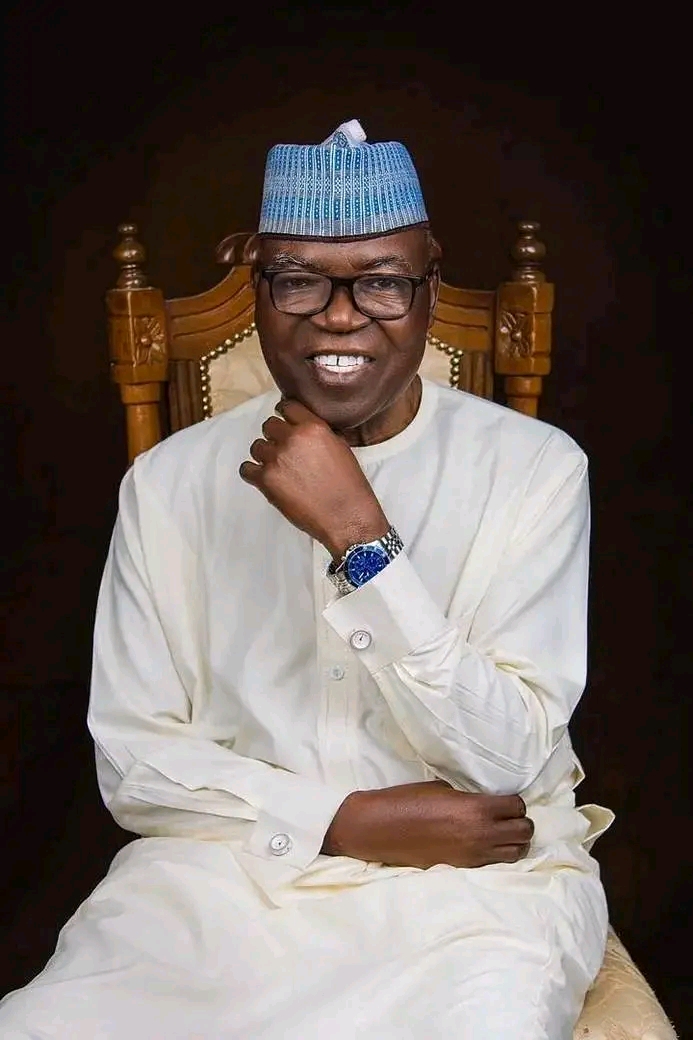
Brief Biography of Gen. (Senator) Jeremiah Timbut Useni
Early Life and Education:
Jeremiah Timbut Useni, often referred to as "Jerry Boy," was born on February 16, 1943,…
read more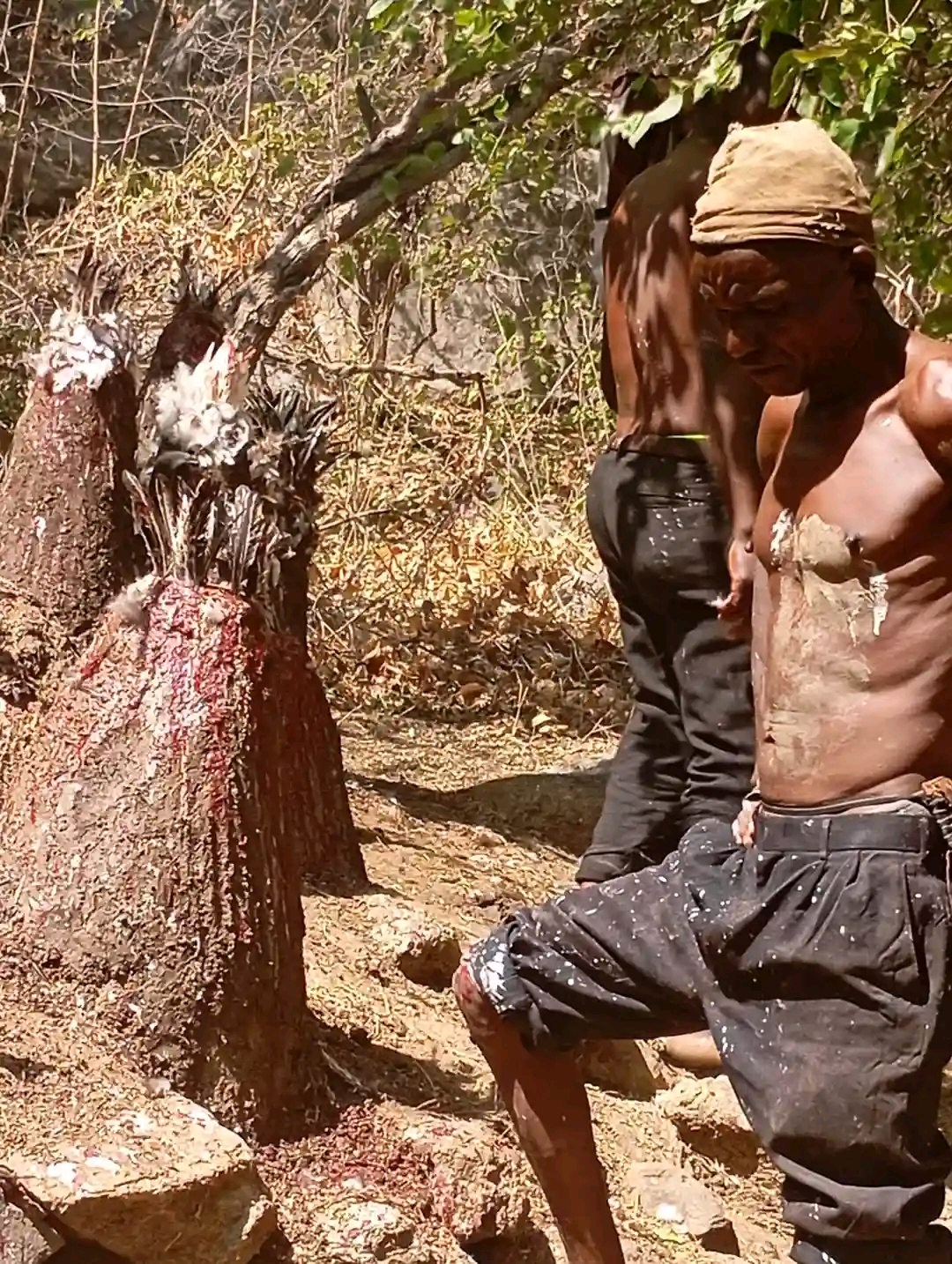
The Ibiari: A Sacred Tradition in Tarok land
The Ibiari Oga Sa festival, an annual tradition in Tarokland, was celebrated today as part of the year-end observance marking…
read more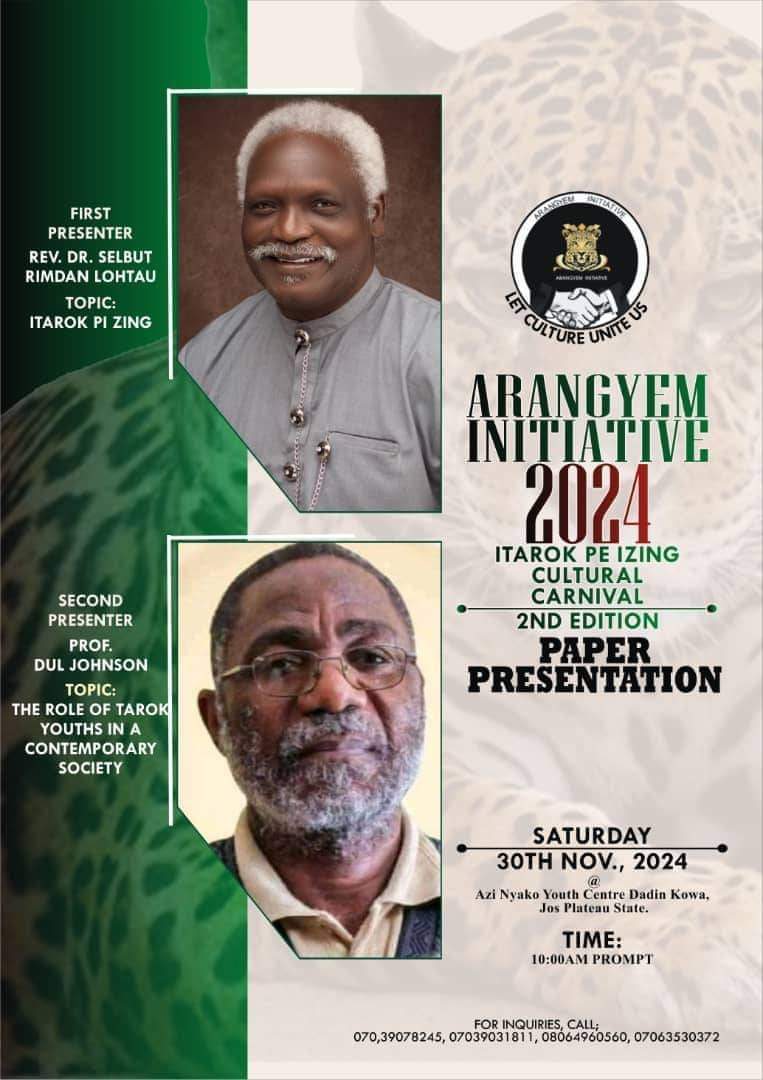
ITAROK PA IZING BY REV. DR. SELBUT LONGTAU
A PAPER PRESENTATION AT ITAROK PA IZING 2ND CARNIVAL HELD AT THE AZI NYAKO YOUTH CENTRE, JOS, 30TH NOVEMBER, 2024
… read more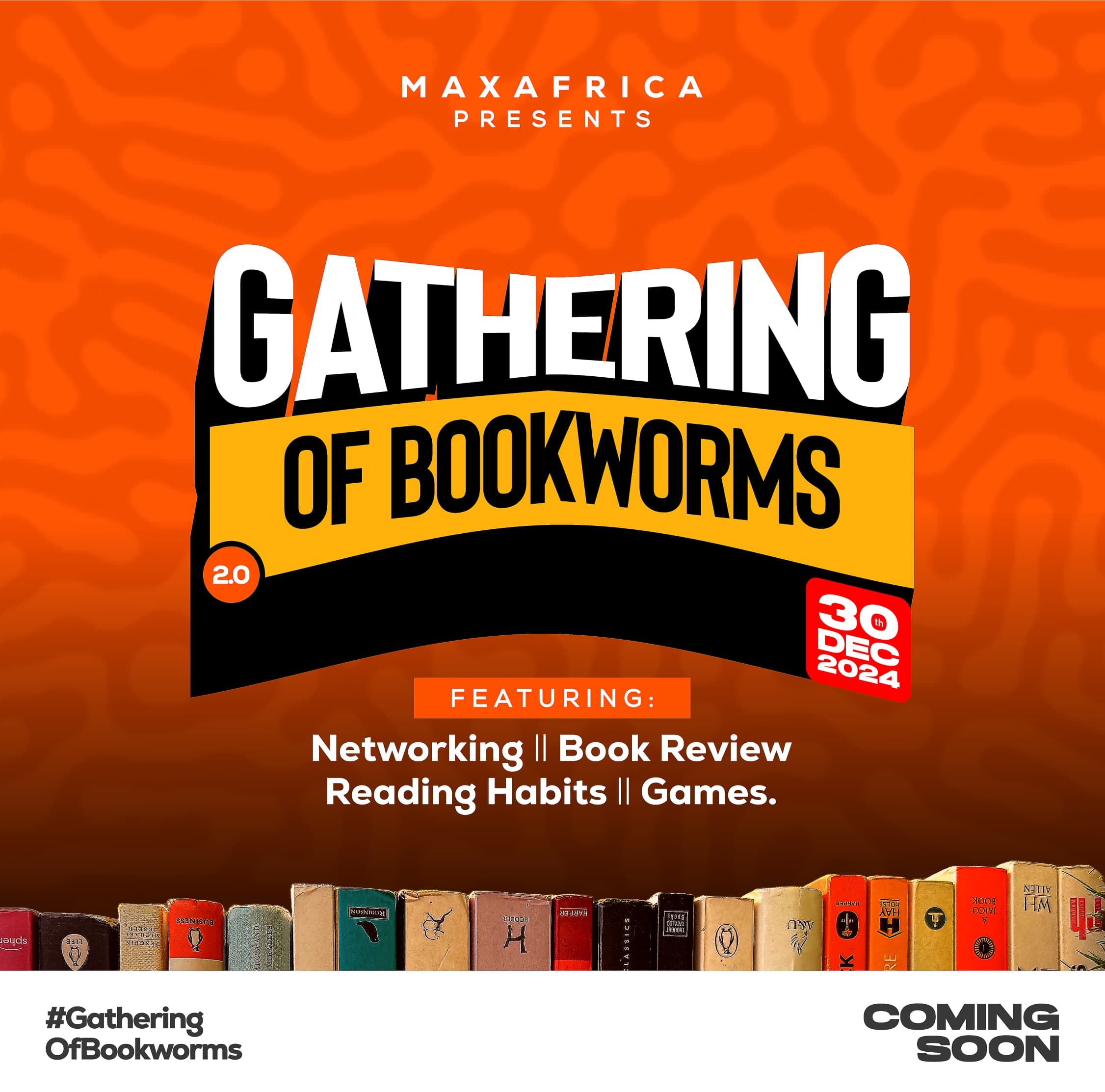
TarokTv News: The Return of "Gathering of Bookworms" - A Literary Revival in Langtang North/South
TarokTv is thrilled to announce the upcoming edition of the Gathering of Bookworms, a celebrated event aimed at uniting the…
read more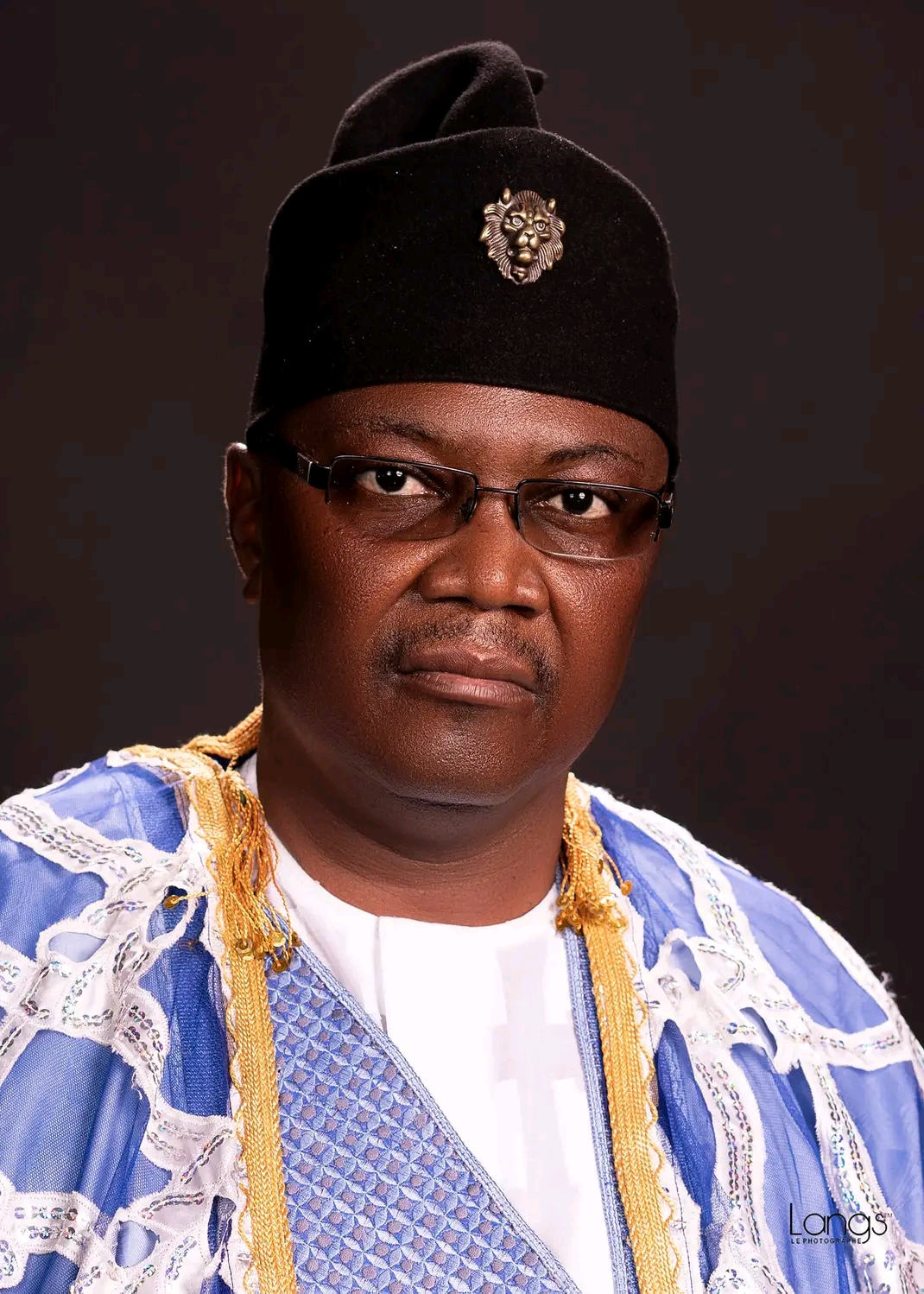
List of All oPonzhi in Tarok Land
This list is very important as I know many of you may not know the oPonzhi O'Tarok. Here is a…
read moreLatest Albums
Recent videos
Copyright © 2020 - TarokTv designed by Taroktv Media.

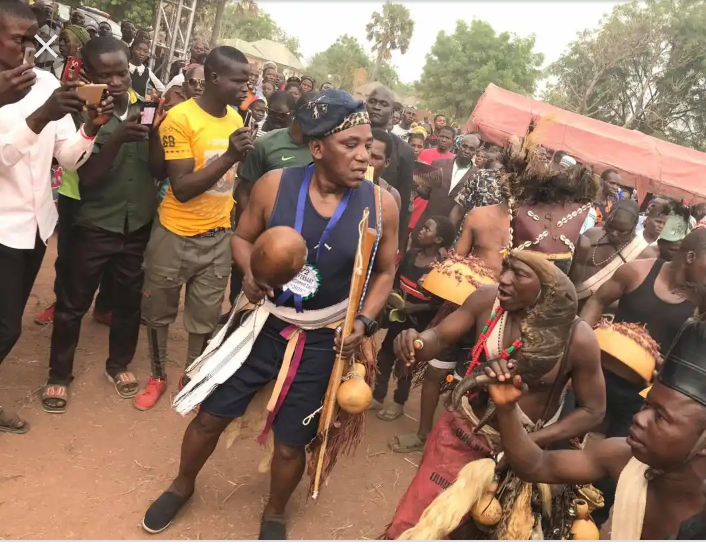
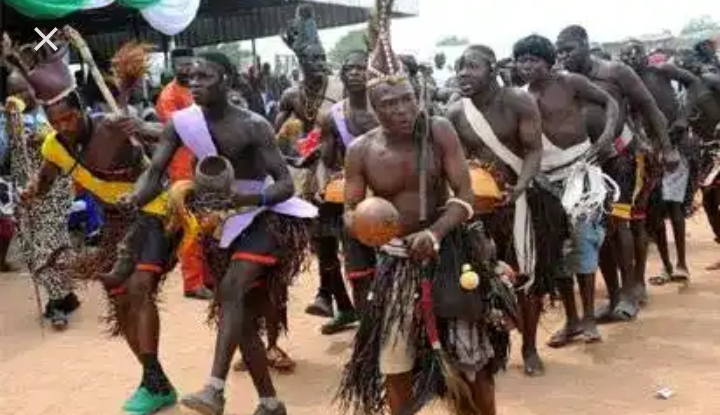
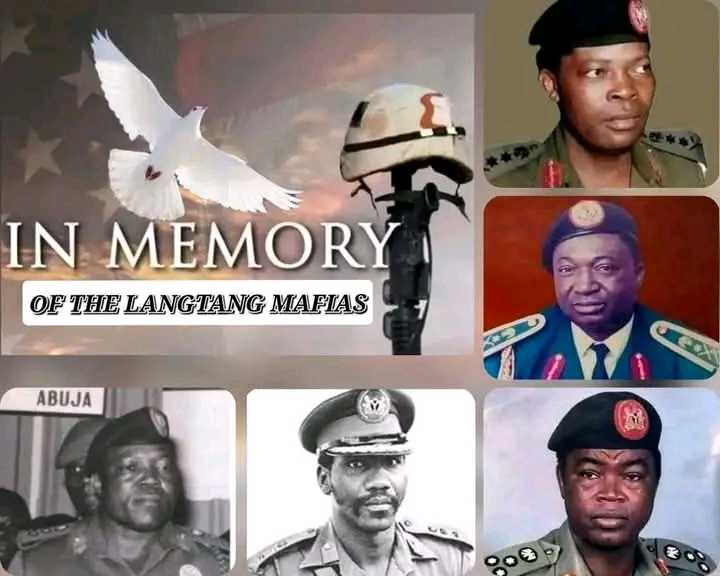
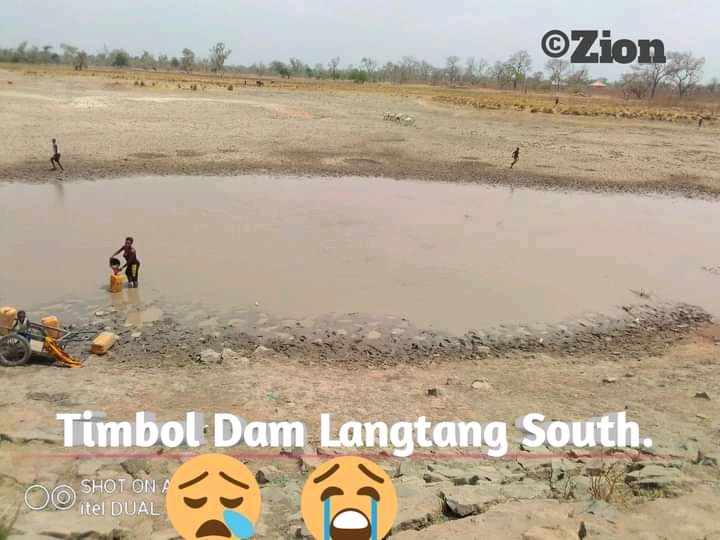

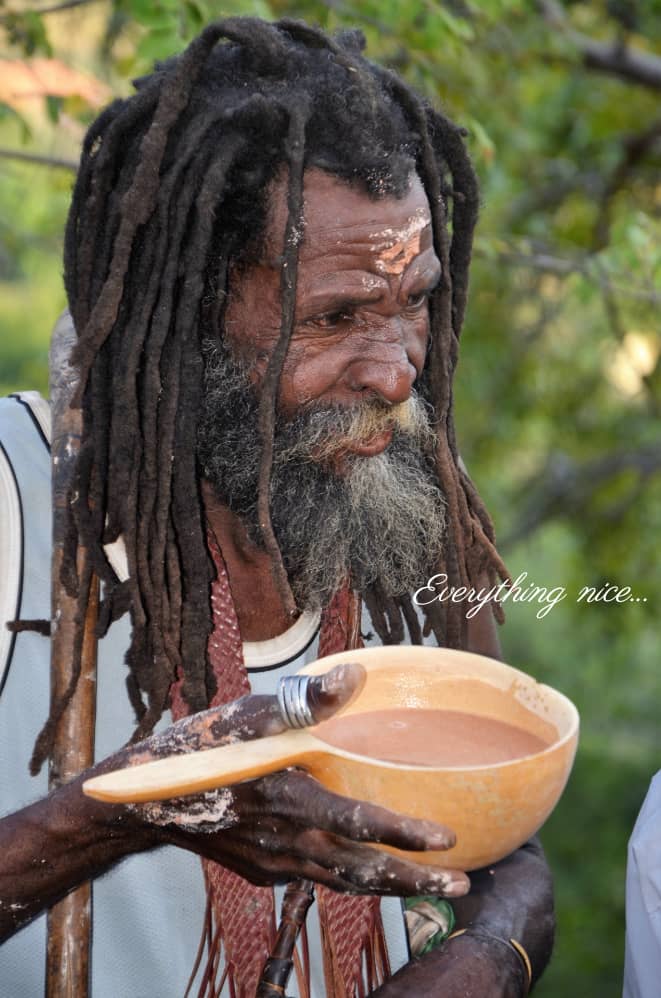

A'byen byet